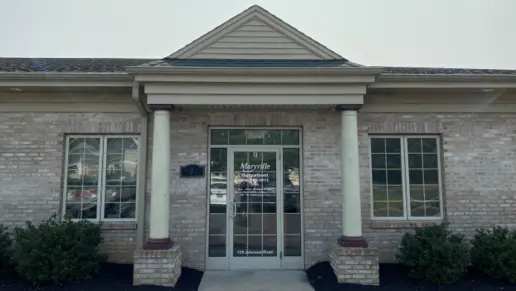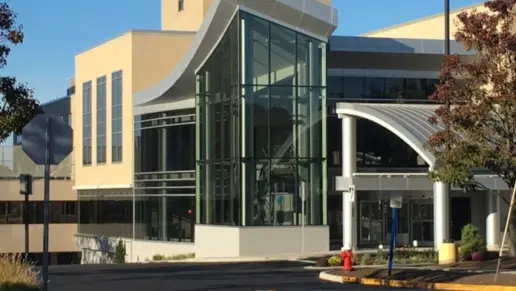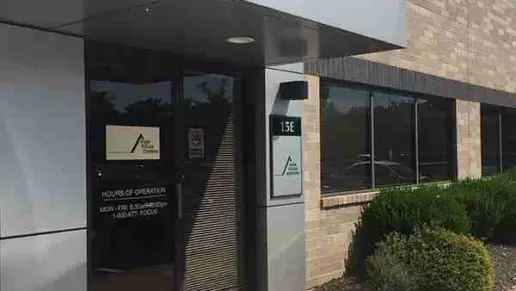Great clinic. With top COUNSELORS, Pauly and his son, Byron keep the place spotless.
About American Habitare and Counseling, Inc.
American Habitare and Counseling focuses on providing drug and alcohol addiction treatment to individuals living in Newark, New Jersey. This private rehab center specializes in holistic treatment provided by licensed and credentialed counselors.
This addiction treatment center helps individuals overcome addiction through four different treatment programs. Each of these programs is discussed below to help potential clients determine which best suits their recovery needs:
The outpatient treatment program offered by American Habitare and Counseling offers holistic treatment. Those enrolled in this program will work with a credentialed counselor to create an individualized recovery treatment program involving weekly individual and group counseling and therapy. In addition, family therapy is also an option for those who need it.
Those who require extra help with recovering from drug and alcohol use have access to medication-assisted treatment with FDA-approved medications at this rehab center. Individuals involved in the MAT program will undergo therapy to assist with uncomfortable cravings and withdrawal while receiving medications.
It’s also worth noting that the team in charge of this addiction treatment center’s MAT is made up of trained nurses and doctors with extensive experience in substance abuse addiction and recovery.
The intensive outpatient program (IOP) at the American Habitare and Counseling rehab center focuses on providing individuals with a supported and structured environment to promote long-term recovery. This IOP offers individual and group counseling with multiple sessions held weekly. Those who attend this IOP can expect to be counseled by a credentialed therapist with extensive addiction treatment knowledge.
Those looking for an alternative to inpatient treatment should consider a partial care program like the one offered by this addiction treatment center. The partial care program provides intensive treatment in a structured environment, with individuals expected to attend sessions for five hours daily, two to five times a week.
Rehab Score
Gallery
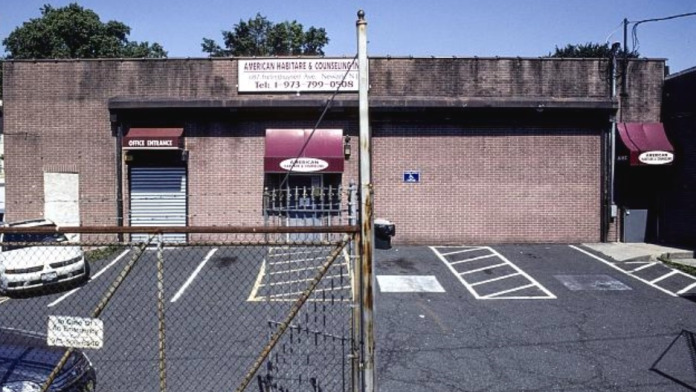
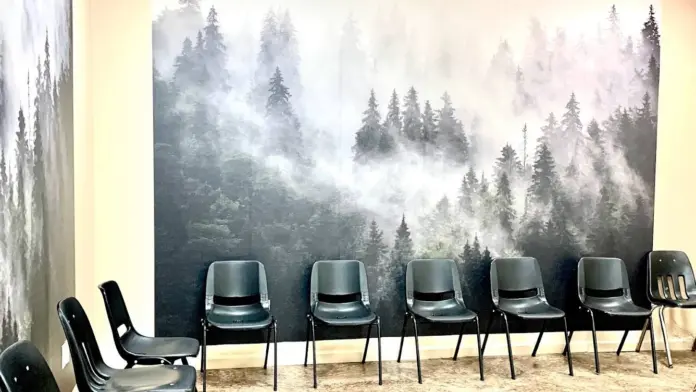
Location
Other Forms of Payment
Medicaid is a state based program that helps lower-income individuals and families pay for healthcare. Medicaid covers addiction treatment so those enrolled can use their coverage to pay for rehab. When a program accepts Medicaid the client often pays very little or nothing out of their own pocket.
Private insurance refers to any kind of healthcare coverage that isn't from the state or federal government. This includes individual and family plans offered by an employer or purchased from the Insurance Marketplace. Every plan will have different requirements and out of pocket costs so be sure to get the full details before you start treatment.
Self-pay involves paying for treatment out of your own pocket. You can use savings or credit, get a personal loan, or receive help from family and friends to fund your treatment. If you don't have insurance or your insurance plan doesn't cover a specific program, self-pay can help ensure you still get the care you need.
Addiction Treatments
Levels of Care
Treatments
The goal of treatment for alcoholism is abstinence. Those with poor social support, poor motivation, or psychiatric disorders tend to relapse within a few years of treatment. For these people, success is measured by longer periods of abstinence, reduced use of alcohol, better health, and improved social functioning. Recovery and Maintenance are usually based on 12 step programs and AA meetings.
Drug rehab in New Jersey is the process of addressing the complex issues involved with addiction. Challenges are identified and addressed through individual and group counseling. Participants learn how to manage these issues without the use of substances.
Many of those suffering from addiction also suffer from mental or emotional illnesses like schizophrenia, bipolar disorder, depression, or anxiety disorders. Rehab and other substance abuse facilities treating those with a dual diagnosis or co-occurring disorder administer psychiatric treatment to address the person's mental health issue in addition to drug and alcohol rehabilitation.
Opioid rehabs specialize in supporting those recovering from opioid addiction. They treat those suffering from addiction to illegal opioids like heroin, as well as prescription drugs like oxycodone. These centers typically combine both physical as well as mental and emotional support to help stop addiction. Physical support often includes medical detox and subsequent medical support (including medication), and mental support includes in-depth therapy to address the underlying causes of addiction.
Substance rehabs focus on helping individuals recover from substance abuse, including alcohol and drug addiction (both illegal and prescription drugs). They often include the opportunity to engage in both individual as well as group therapy.
Programs


Clinical Services
Family therapy sessions address addiction related conflicts and other issues between members of the family unit. By strengthening communication and coping skills, as well as creating a nurturing environment, the family can help support their loved one's recovery.
Group therapy is any therapeutic work that happens in a group (not one-on-one). There are a number of different group therapy modalities, including support groups, experiential therapy, psycho-education, and more. Group therapy involves treatment as well as processing interaction between group members.
Accreditations

The Commission on Accreditation of Rehabilitation Facilities (CARF) is a non-profit organization that specifically accredits rehab organizations. Founded in 1966, CARF's, mission is to help service providers like rehab facilities maintain high standards of care.
CARF Accreditation: Yes
Contact Information
687 Frelinghuysen Avenue
Newark, NJ 07114
